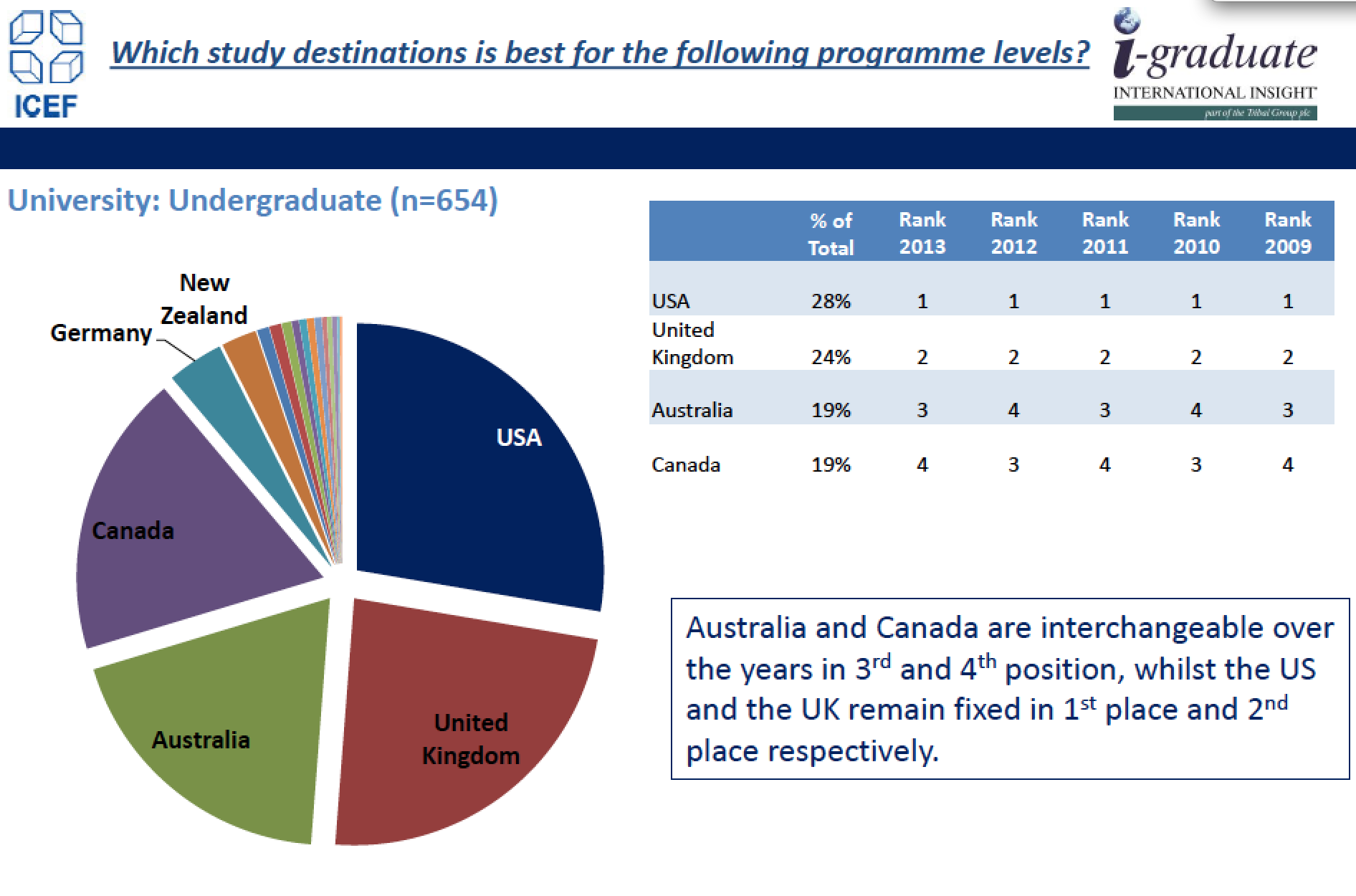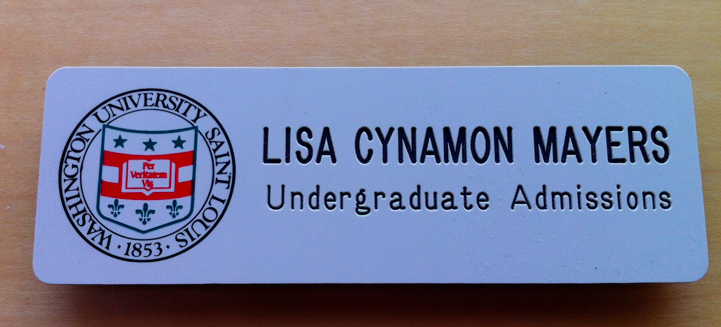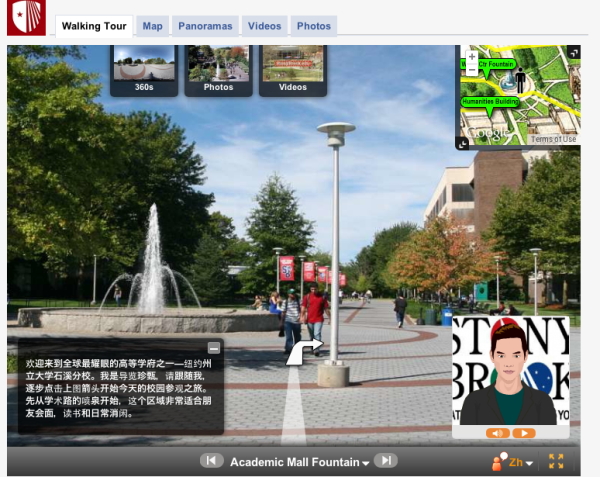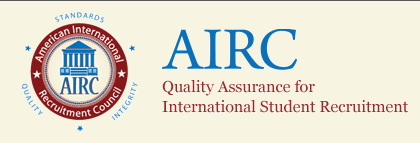The visa interview is one of the unpleasant steps in the process of becoming an international student in the United States. We recently had a conversation with Tony Edson, who worked for the State Department for 28 years and dealt with the visa process. We suggest five activities to help your prospective students feel more comfortable with the process. You can dispel online and offline rumors that make your students nervous during the interview, set the right tone and show that you care about your students. You will be doing your job better, increasing the odds of your students receiving the visa without a hitch and allowing them to enroll at your college. Don't leave it up to chance.











